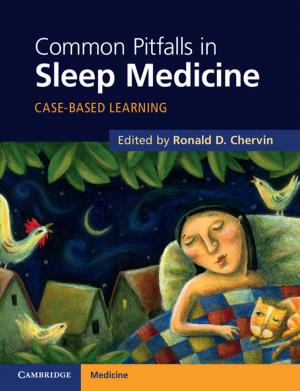Biomedical Image Analysis
Statistical and Variational Methods
Nonfiction, Science & Nature, Technology, Engineering, Health & Well Being, Medical| Author: | Aly A. Farag | ISBN: | 9781139984522 |
| Publisher: | Cambridge University Press | Publication: | October 30, 2014 |
| Imprint: | Cambridge University Press | Language: | English |
| Author: | Aly A. Farag |
| ISBN: | 9781139984522 |
| Publisher: | Cambridge University Press |
| Publication: | October 30, 2014 |
| Imprint: | Cambridge University Press |
| Language: | English |
Ideal for classroom use and self-study, this book explains the implementation of the most effective modern methods in image analysis, covering segmentation, registration and visualisation, and focusing on the key theories, algorithms and applications that have emerged from recent progress in computer vision, imaging and computational biomedical science. Structured around five core building blocks - signals, systems, image formation and modality; stochastic models; computational geometry; level set methods; and tools and CAD models - it provides a solid overview of the field. Mathematical and statistical topics are presented in a straightforward manner, enabling the reader to gain a deep understanding of the subject without becoming entangled in mathematical complexities. Theory is connected to practical examples in x-ray, ultrasound, nuclear medicine, MRI and CT imaging, removing the abstract nature of the models and assisting reader understanding.
Ideal for classroom use and self-study, this book explains the implementation of the most effective modern methods in image analysis, covering segmentation, registration and visualisation, and focusing on the key theories, algorithms and applications that have emerged from recent progress in computer vision, imaging and computational biomedical science. Structured around five core building blocks - signals, systems, image formation and modality; stochastic models; computational geometry; level set methods; and tools and CAD models - it provides a solid overview of the field. Mathematical and statistical topics are presented in a straightforward manner, enabling the reader to gain a deep understanding of the subject without becoming entangled in mathematical complexities. Theory is connected to practical examples in x-ray, ultrasound, nuclear medicine, MRI and CT imaging, removing the abstract nature of the models and assisting reader understanding.















